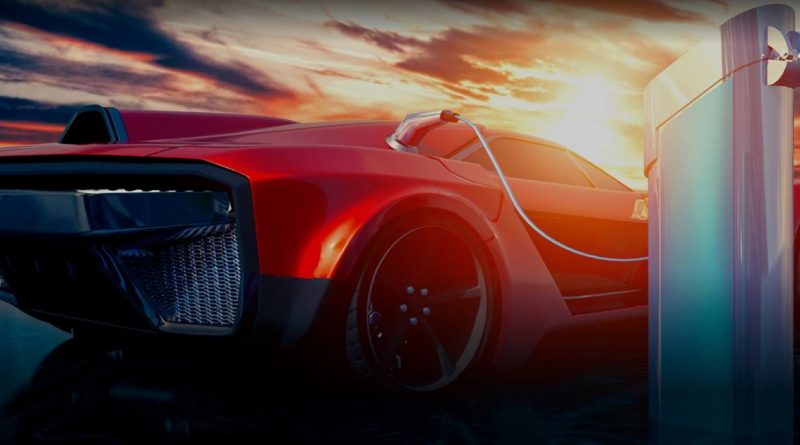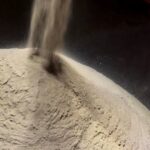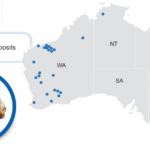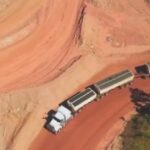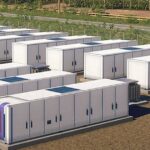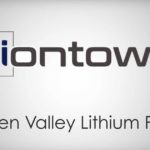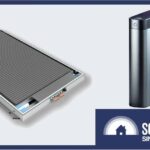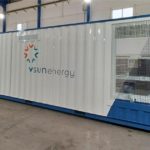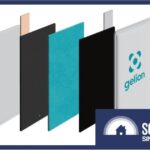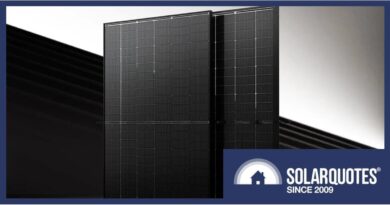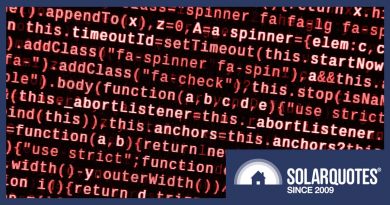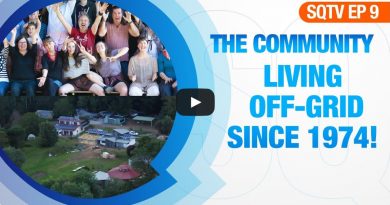LG Energy Solution Inks Major Australian Battery Metals Deal
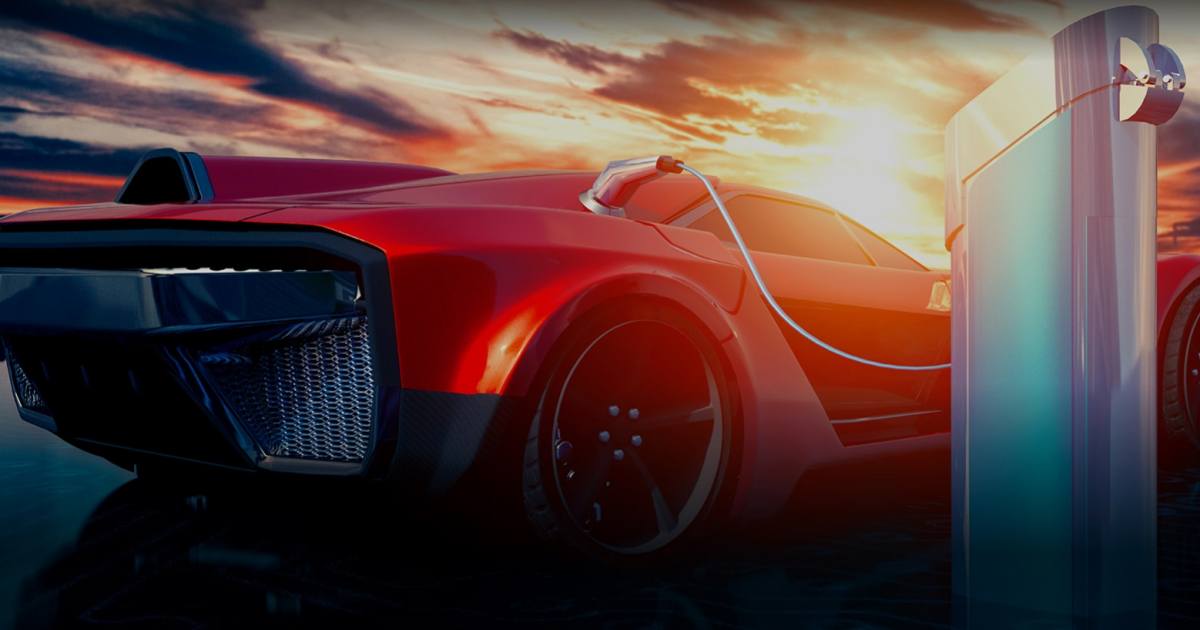

South Korean EV battery manufacturer LG Energy Solution is to take all the nickel and cobalt from Australian Mines’ proposed Sconi Project based in Queensland.
Under the six-year supply deal that commences from the end of 2024, LG Energy Solution has dibs on 71,000 tonnes of nickel and 7,000 tonnes of cobalt expected to be produced by the mine annually.
The company says it will get enough nickel and cobalt to produce batteries to power 1.3 million electric vehicles.
There’s no mention of whether these Australian-sourced metals might find their way into LG Chem RESU solar batteries, which are also based on NMC chemistry (Lithium Nickel Manganese Cobalt Oxide).
“Securing key raw materials and a responsible battery supply chain has become a critical element in gaining a greater control within the industry, as the demand for electric vehicles worldwide heightened in recent years,” said LG Energy Solution President and CEO Jong-hyun Kim. “LGES will solidify its position as the world’s leading battery manufacturer through a steady supply of raw materials for EV batteries.”
About The Sconi Project
Should it go ahead – and with LG Energy Solutions’ support the chances are very good it will – Australian Mines’ Sconi Project is to be located near Greenvale, about 250 kilometres west of Townsville in Queensland.
The $1.5 billion project will support an estimated 500 jobs over its two-year construction period, and create 289 long-term positions once the mine is fully operational.
According to Australian Mines:
“Sconi is 100% Australian-owned and, when fully developed, will be of the world’s lowest cost producers of sustainable and ethical produced cobalt for the electric vehicle battery sector.”
LG mentions the operation will implement a “dry stacking method” for storing filtered tailings. Among the benefits of dry stacking is re-circulation of most of the process water, reduction of risk of groundwater contamination and a reduction of storage space required by around half.
While LG calls the dry stacking “an environmentally friendly way to extract raw materials”, it would probably be more accurate to say it will mean less environmental harm from the operation. On a related note, perhaps down the track phytomining could extract some more nickel from the tailings.
The plan is for Sconi to mine and process ore into advanced battery chemicals on the same site, in the form of mixed hydroxide precipitate (MPH).
Just on Australian Mines’ environmental street cred, last year the company became first mineral resources firm to be carbon neutral certified under the Australian Federal Government’s Climate Active program.
According to Energy and Mines Magazine, the Sconi project will be powered by the nearby 250MW Kidston Pumped Storage Hydro Project, which is to be integrated and co-located with the Kidston 270MW Solar Project – and the camp for construction workers is to be solar powered.
Where possible, trucks will be replaced with conveyor belts for moving materials around and Australian Mines is also looking at using electric vehicles.
“We don’t want to be a company that sells into the EV market but doesn’t reflect the same values internally,” said Managing Director Benjamin Bell.
Original Source: https://www.solarquotes.com.au/blog/lg-energy-nickel-cobalt-mb2119/

